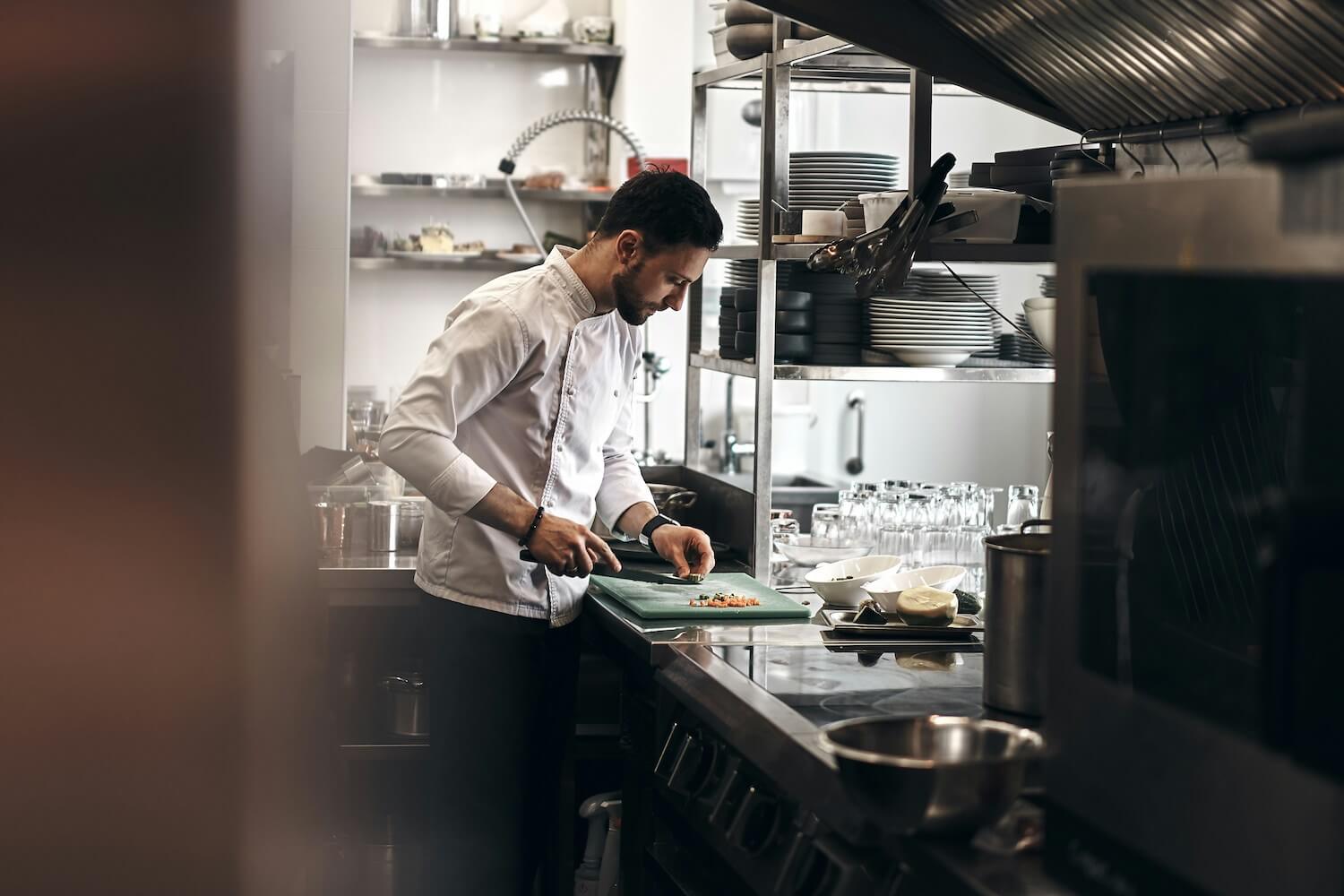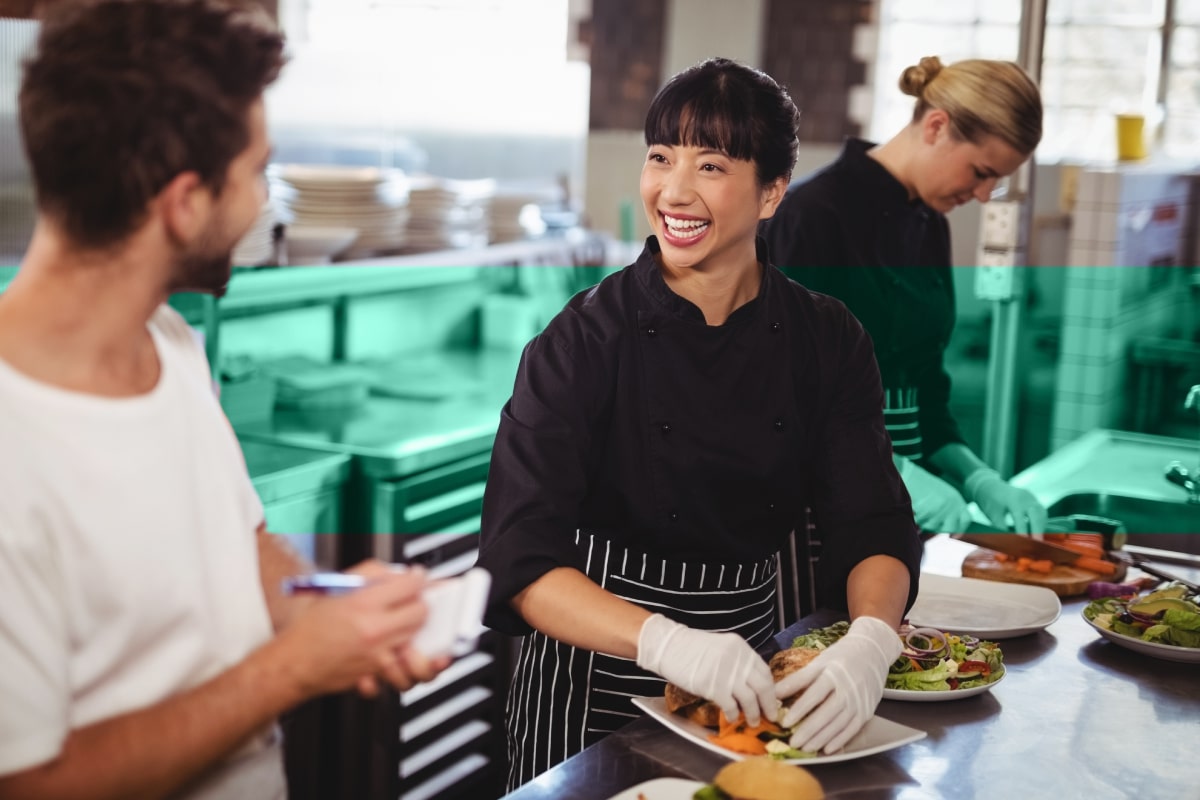
The hospitality industry requires a blend of elements to be successful, including excellent service, a friendly atmosphere, tasty food, and above all, safe food handling practices! Ensuring customer safety and satisfaction begins with proper food handling practices. To prevent foodborne illnesses and keep customers safe, precautions need to be taken around various aspects of hygiene, storage, and contamination prevention. This is where a food handling certificate comes into play, but who needs a food handling certificate? Let’s discuss the importance of a food handling certification in Australia for those in or aspiring to be part of the hospitality industry.
What Is a Food Handler?
Anyone involved in preparing, storing, or serving food in a commercial setting is considered a food handler. These workers perform various tasks, from cooking and baking to slicing and packaging, touching food items, and serving food. These activities directly impact food safety and food quality, so understanding proper food handling practices is crucial.
What Do Food Handlers Need To Learn?
Food handlers can learn food safety practices on the job; however, a certificate is ideal. A food handling course is carefully designed to equip hospitality workers with the knowledge and skills required to ensure food safety. The curriculum typically covers personal hygiene practices, foodborne illness, safe food preparation, correct storage and temperature control, and cleaning and sanitising procedures. By the end of a food handling course, learners must understand the importance of each practice and how to implement it in daily operations.
Who Needs To Attend a Food Handling Course?
Anyone working in the food industry would benefit from attending a food handling course; however, it’s particularly important for kitchen hands, chefs, food service staff, and managers. In short, anyone who handles food or surfaces that come in contact with food must have a foundational understanding of safe food handling practices. Workers in many roles require this knowledge, not just those working in traditional dining establishments; it includes workers in cafes, fast food outlets, mobile food carts, bakeries, and retail stores where food is a significant part of the business.
What Are the Prerequisites?
There are generally few or no strict prerequisites to attending a food handling course. The primary requirement to enrol in a food handling course is a willingness to learn and a commitment to food safety. This is an entry-level course, where learners must be at least 16 years old when the course commences.
Courses taught in English will require learners to have the ability to read, write, and understand English. They will need to complete the assessment in English. Some learning institutes may offer courses in other languages or with additional support for non-English speakers, to ensure the program is more accessible.
Some institutes may require an online assessment, in which case a suitable device will be necessary.
A food handling certificate is an important credential for anyone involved in the food service industry in Australia. Such education ensures those working in the hospitality industry are equipped with the knowledge and skills needed to prevent foodborne illnesses. Whether you’re just starting out in the hospitality field or looking to reaffirm your commitment to food safety, attending a food handling course is a step in the right direction. In the food and hospitality industry, customer safety comes first, which is why food handling training should never be taken for granted.





